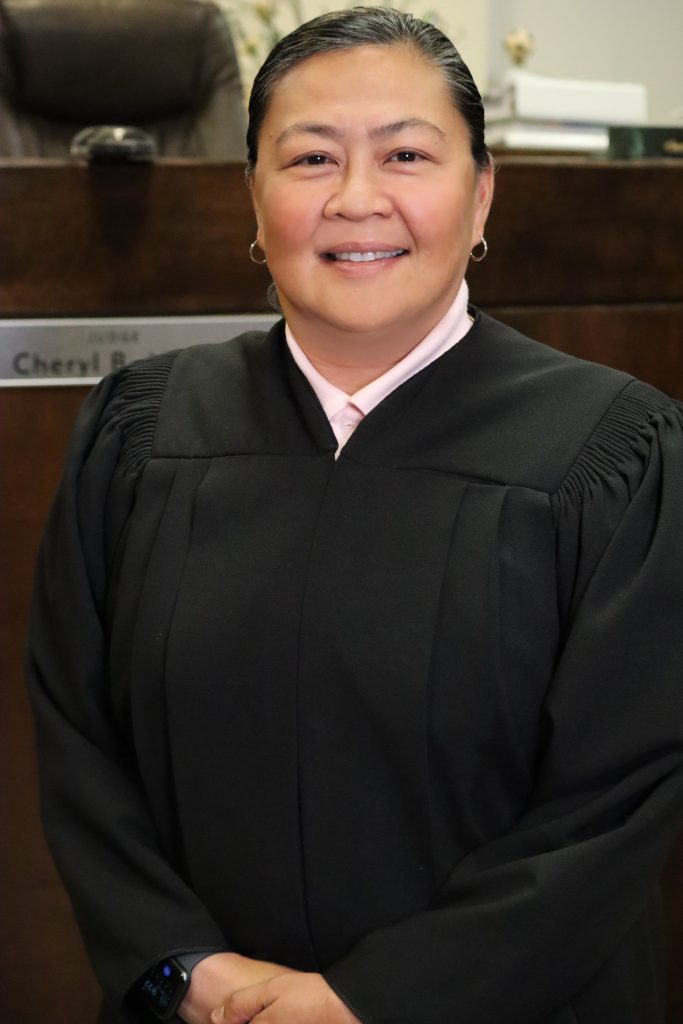
A study funded by the National Institute on Alcohol Abuse and Alcoholism found that problem gambling grows as the number of ways to gamble legally multiplies. That means that as more jurisdictions legalize gambling, courts could see an increase in gambling-related crimes.
Retired judge and NJC alumna Cheryl Moss* founded one of the country’s first gambling-treatment diversion courts in Las Vegas in 2018. Here is some information from her about gambling addiction along with her advice on how to craft sentences to curb recidivism.
Why create a gambling treatment court? 1. Because it can save lives. Suicide rates for problem gamblers approach 50 percent. 2. Because it can save money. Instead of being incarcerated, problem gamblers can work during their probation. That means they aren’t in prison, which cost Nevada taxpayers $17,851 per inmate per year in 2015, according to a report by the Vera Institute of Justice, a criminal justice reform group. 3. Because they can also pay restitution to victims of theft, which is a common crime among problem gamblers.
How prevalent is gambling addiction? Researchers estimate that around 1 percent of the public has a severe gambling problem. The actual rate is likely higher because shame can prevent people from getting help or self-reporting. The Nevada Council on Problem Gambling estimates that up to 6 percent of Nevada adults have a gambling addiction. An estimated half of compulsive gamblers commit crimes.
Gambling addiction, like alcoholism, is a disease, not a moral failing. The medical community has recognized problem gambling as an illness since 2013, when the American Psychiatric Association added Gambling Disorder to the Diagnostic and Statistical Manual of Mental Disorders. Depression, anxiety and substance abuse frequently accompany the disease. And like alcoholism and other addictions, there is no permanent fix. Addicts need to learn to change habits. Recovery is a lifelong discipline. There is no such thing as a recovered gambling addict.
It’s like a drug-treatment court… In a gambling treatment diversion court, there is an application, a contract and full transparency. Substance abuse often co-occurs with gambling addictions, so drug testing is also considered essential.
… with greater stigma. Judge Moss recommends gambling court defendants be called “participants” instead of defendants because of the stigma surrounding gambling addiction. She says it is much worse than for addiction to alcohol or other drugs.
Get to the root of the problem. Many problem gamblers had bad childhood experiences. They need to find healthier ways to feel good. Treatment can help.
You can start a gambling treatment court. Judge Moss started hers with no funding. Inspiration came from her mother, Dr. Rena Nora, a former professor of psychiatry at the University of Nevada, Las Vegas Medical School and chief of psychiatry for the Veterans Affairs Southern Nevada system. She also chaired the Nevada governor’s advisory commission on problem gambling. Her goal was to change a statute to add a gambling treatment diversion to Nevada’s justice programs. She passed away shortly before the change became law in October 2009.
Be aware that you are at higher risk for gambling addiction. That’s because people in high-stress jobs like lawyer or judge are more likely to engage in risky behavior like gambling. A lawyer in Las Vegas with a gambling addiction was about to commit suicide when the person’s dog came into the room and laid a toy at the addict’s feet. The simple act provided the lawyer a moment of clarity and a start on recovery.

* Hon. Cheryl Moss retired in December 2020 after 20 years on the bench of Nevada’s Eighth Judicial District Court (Department I). She was the first judge to implement problem-gambling assessments in domestic relations cases, and in November 2018 she became the first judge to preside over Nevada’s first Gambling Treatment Diversion Court. It is currently the only active gambling court in the United States. In addition to her judicial duties, she volunteered her time on the Subcommittee on Legal Issues created by the Governor’s Advisory Committee on Problem Gambling. Prior to taking the bench, she was in solo private practice.

CHICAGO – The American Bar Association Judicial Division announced recently that TheNational Ju...

The National Judicial College is mourning the loss of former faculty member Judge Duane Harves, who passed ...

As the world manages an evolving natural environment, The National Judicial College announced today that it...

Do’s Manage your cases systematically Devise a system that works for you and your organizational...

After 22 years of teaching judges, Tennessee Senior Judge Don Ash will retire as a regular faculty member a...